18 F. high in the Twin Cities Saturday.
29 F. average high on February 15.
18 F. high on February 15, 2013.
1.8" snow fell yesterday at KMSP.
13" snow on the ground.
Winter Storm Watch posted late tonight into Monday morning.

Disgustingly Baffling
"Every one of my customers is just disgusted with winter" Minnetonka friend Heidi Rusch explained. "It's enough to turn us all into reluctant snowbirds." I hear you. You can only imagine the grief I'm getting these days. Note to self: I don't make the weather, I'm just foolish enough to try and predict it.
While we enjoy a non-stop arctic bulge in the jet stream Europeans are scratching their heads in wonder, many disgusted by a lack of snow. A distant relative living outside Cologne, Germany sent me a photo of her red roses in full bloom. It's been in the 50s in recent weeks, she wrote. They should be knee-deep in snow, but winter never arrived.
Bitter or balmy?
Cities out east running out of salt due to a non-stop parade of snowstorms - severe flood emergencies across Britain - while California runs out of water. Dry areas get drier while wet areas get wetter. Where have you heard that before?
Natural chaos or fingerprints of a more volatile climate system? Not sure, but the jet stream is doing things I haven't seen in 40 years of tracking the weather.
We pick up a couple inches of additional snow early Monday; otherwise storms detour well south of Minnesota this week. For the first time in nearly 3 weeks the mercury rises above 32F by Tuesday.
A longer-lasting thaw is shaping up for early March. Spring is coming. Slowly.

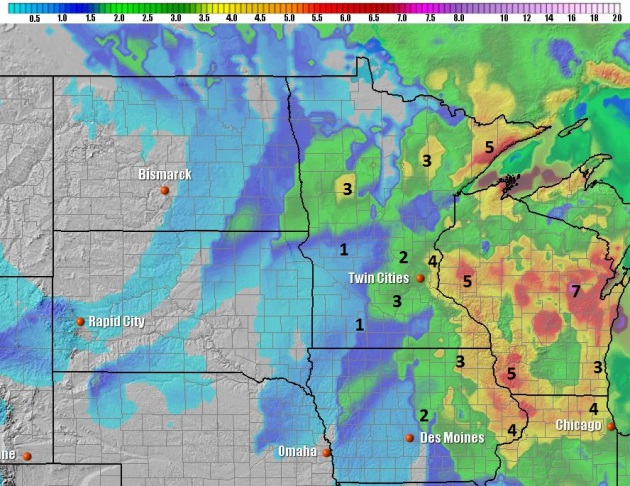
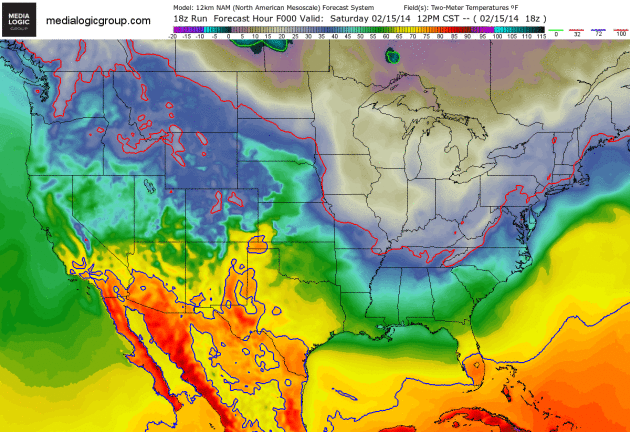

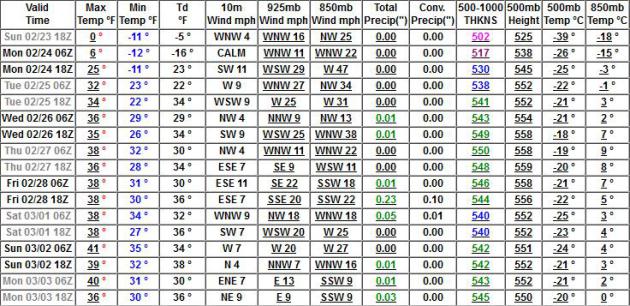
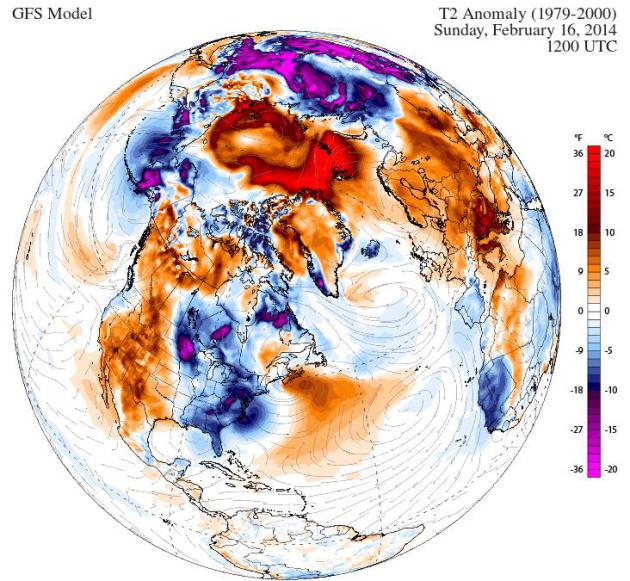
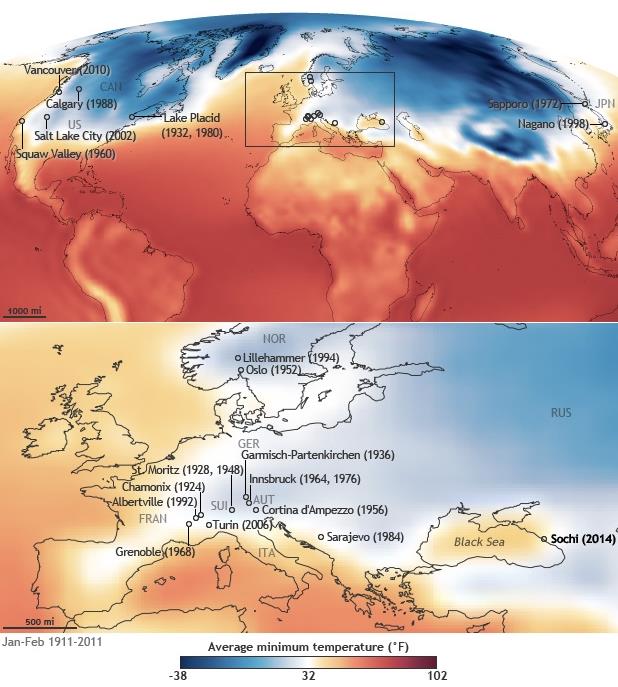
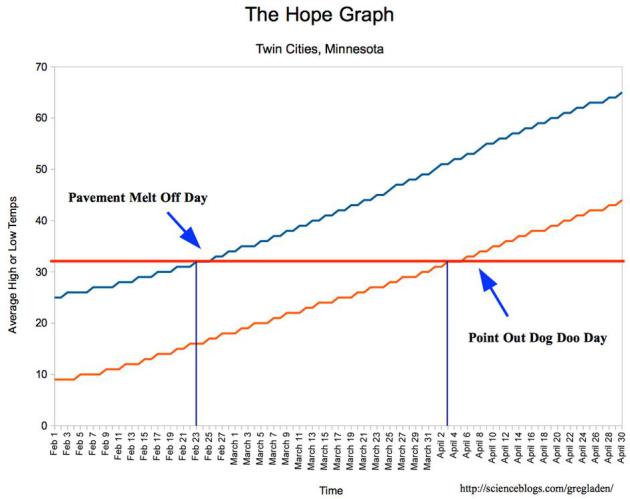

Below Zero Nights Ending? We can only hope and pray. Here's an excerpt from Dr. Mark Seeley's latest edition of Minnesota WeatherTalk: "For
the Twin Cities the count of nights with 0 degrees F or lower
temperatures stands at 44 for the current winter season (since December
1st), the most since the winter of 1981-1982. A string of 17 consecutive
days with minimum temperatures of 0 degrees F or lower was observed
from January 26 to February 11, the 8th longest such streak in the Twin
Cities climate records...Some other counts of days with 0 degrees F or colder this winter for other cities include:
Duluth 58 days (most since 1964-1965)
Rochester 42 days (most since 1978-1979)
International Falls 65 days (most since 2008-2009)..."
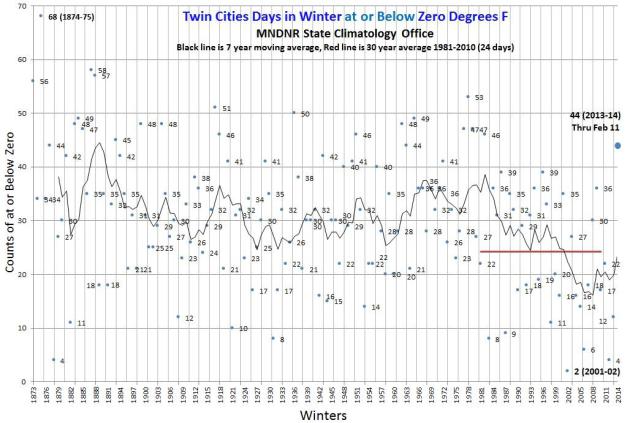
Days At Or Below Zero In The Twin Cities. More perspective on subzero fun at MSP from the Minnesota DNR; here's an excerpt: "...How
does the winter of 2013-14 stack up for counts of minimum temperatures
at or below zero in the Twin Cities? As of February 11, there have been
44 minimum temperatures of zero or colder: 13 in December, 20 in January
and 11 so far in February..."
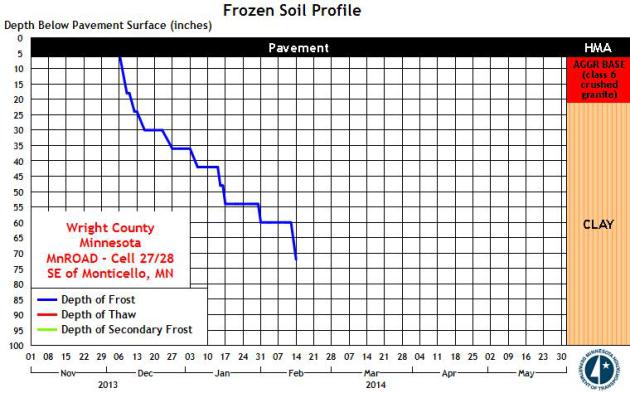
Frost And Thaw Depths.
How bad will spring flooding be? It depends on many factors, including
the rate of warming, and whether (heavy) rain accompanies the inevitable
warm fronts to come. That, and the depth of the ground frost. Until we
lose frost from the ground rain and melting snow will be unable to soak
into topsoil. With this year's persistent chill the ground frost is
unusually deep, over 70" deep in Otsego (Wright County). Thanks to MnDOT for providing this link to check out frost depth close to home.

Roses In Bloom Across Germany.
A relative near Cologne, Germany sent me this photo of her prize roses,
now in full bloom. In mid-February. Yes, highly unusual. Eva Fels-Huber
writes:
Highs
have been in the 50s in recent weeks. My father, who translated the
e-mail for me, points out that roses bloom after crocus, tulips, and
daffodils. The Symphony of the Seasons is seriously messed up.
Springlike weather in Sochi for the (alleged) Winter Olympics, while the
Polar Vortex stalls over the northern USA. Biblical flooding in Britain
while California wilts during historic drought. The Winter of All or
nothing.
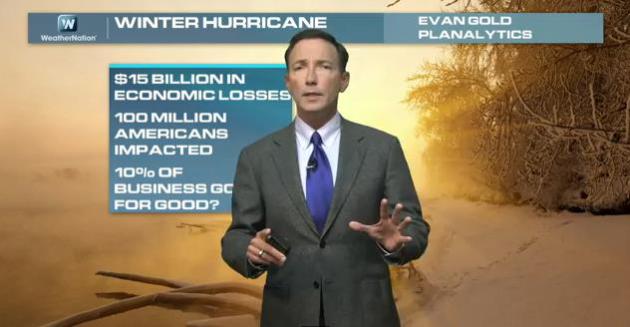
Winter-Cane.
Although this week's ice and snow storm didn't produce as much
structural damage as a hurricane, if you look at economic losses related
to the wintry smack damage will probably be equivalent to a moderate
hurricane hitting a populated coastal region of the USA; one weather
analyst at Planalytics estimates $15 billion in economic losses. That,
and the the fact that New York City has picked up considerably more snow
than the Twin Cities, Denver and Anchorage (!) is the subject of
today's Climate Matters: "WeatherNationTV
Chief Meteorologist looks at the details and impacts of the winter
storm that impacted everything from Texas to Maine. We've seen the
pictures of the damage, but what happened? 75,000 flights cancelled this
winter and find out which places are WAY above normal for snowfall."
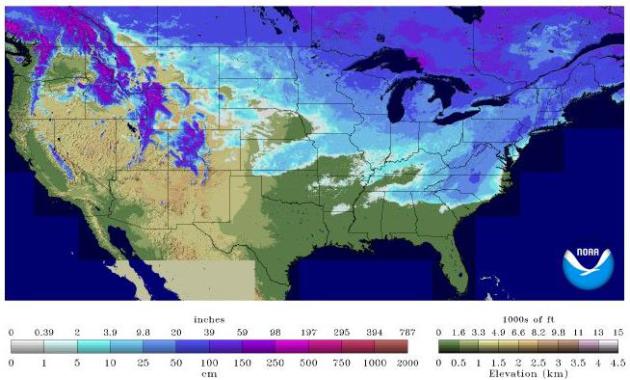
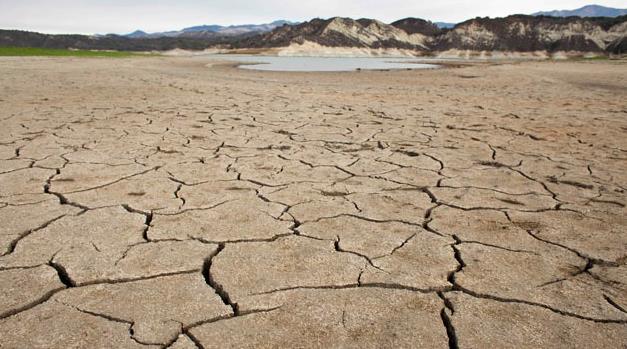
Photo credit above: "The remains of Cachuma Lake, the main water source for 200,000 people in southern Santa Barbara County." .
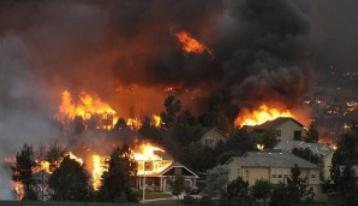
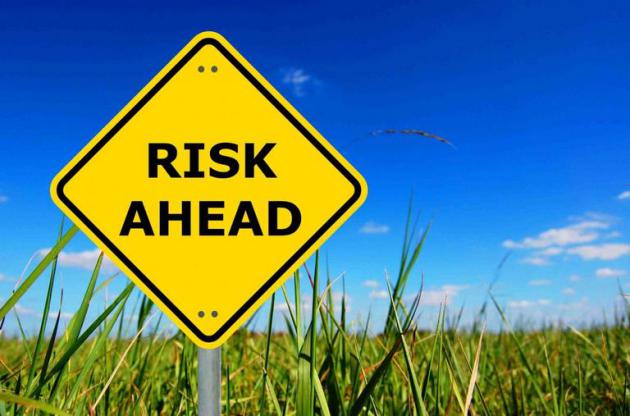
Image above: strokesmart.org.

Warm Weather Leaves You In The Mood To Buy.
No kidding. And we tend to attach a higher price/value to objects when
it's warm outside. Confirming what may just be good old fashioned common
sense, here's a clip from The Journal of Consumer Psychology at sciencedirect.com. What, you don't skim this from time to time? "A
series of five field and laboratory studies reveal a
temperature-premium effect: warm temperatures increase individuals'
valuation of products. We demonstrate the effect across a variety of
products using different approaches to measure or manipulate physical
warmth and different assessments of product valuation. The studies
suggest that exposure to physical warmth activates the concept of
emotional warmth, eliciting positive reactions and increasing product
valuation. Further supporting the causal role of emotional warmth, and
following prior research relating greater positive feelings to reduced
distance, we find that warm temperatures also reduce individuals'
perceived distance from the target products..."
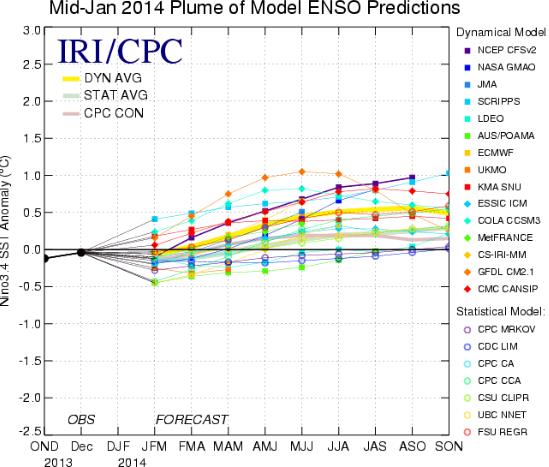
El Nino May Make 2104 The Hottest Year On Record. New Scientist has the article; here's the introduction: "Hold
onto your ice lollies. Long-term weather forecasts are suggesting 2014
might be the hottest year since records began. That's because climate
bad-boy El Niño seems to be getting ready to spew heat into the
atmosphere. An El Niño occurs when warm water buried below the surface
of the Pacific rises up and spreads along the equator towards America.
For nine months or more
it brings rain and flooding to areas around Peru and Ecuador, and
drought and fires to Indonesia and Australia. It is part of a cycle
called the El Niño-Southern Oscillation..."
* NOAA NCEP's latest ENSO discussion is here.
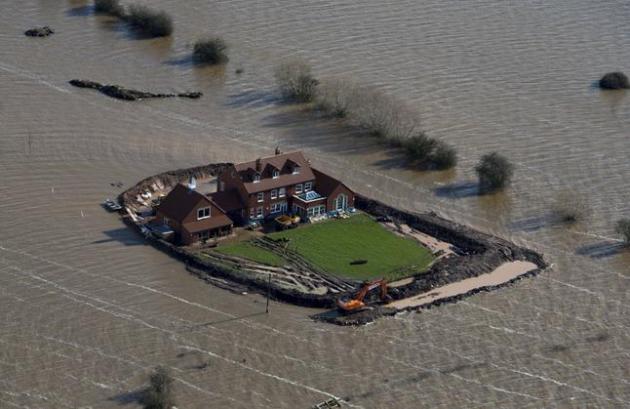
Flood Simple: The U.K. Flooding Crisis Explained. I thought The Guardian
did a very good job explaining why the wettest winter in 250 years
across much of Britain is creating so much chaos and devastation; here's
an excerpt: "Rainfall which in many areas has been twice the
average for January and February has left large parts of southern
England under water. What causes the unusual weather, why is the country
so ill-prepared, and what will be the political effect of 2014’s watery
winter?..."
Photo credit above: "Flood
waters inundate the area as one house stands alone near the flooded
village of Moorland in Somerset, southwest England, Thursday Feb. 13,
2014. The house is owned by Sam Notaro, who has built his own levee to
hold back the flood waters, as the local communities face further misery
in the coming days with heavy rain, wind and snow predicted to sweep
across Britain." (AP Photo/Steve Parsons, PA)
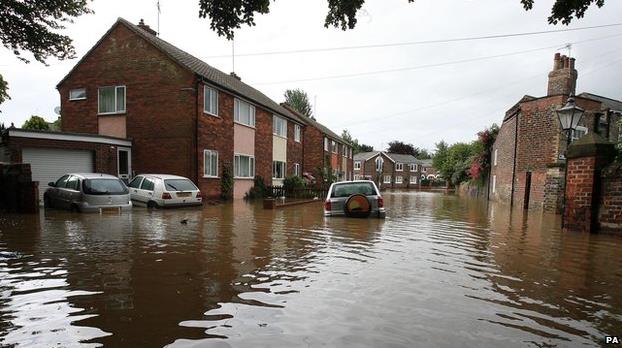
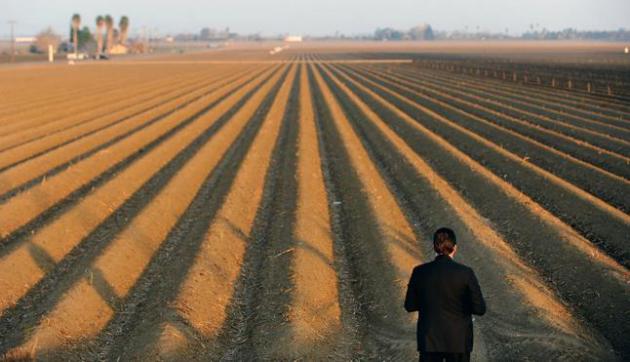
The Dust Bowl Returns.
With California entering the third year of an historic drought, and
precious little rain or snow this winter season, the stage is set for a
year of extreme drought, water shortages and record wildfires out west.
Here's a clip from a story at The New York Times: "...Experts
offer dire warnings. The current drought has already eclipsed previous
water crises, like the one in 1977, which a meteorologist friend,
translating into language we understand as historians, likened to the
“Great Depression” of droughts. Most Californians depend on the Sierra
Nevada for their water supply, but the snowpack
there was just 15 percent of normal in early February. And the dry
conditions are likely to make the polluted air in the Central Valley —
which contributes to high rates of asthma and the spread of Valley Fever,
a potentially fatal airborne fungus — even worse. The current crisis
raises the obvious question: How long can we continue to grow a third of
the nation’s fruit and vegetables?.."
Photo credit above: "A
sercret service agent looks over a farm field as President Barack Obama
speaks to the media on California's drought situation Friday, Feb. 14,
2014 in Los Banos, Calif. Farmers in California's drought-stricken
Central Valley said the financial assistance President Barack Obama
delivered on his visit Friday does not get to the heart of California's
long-term water problems." (AP Photo/Los Angeles Times, Wally Skalij, Pool).
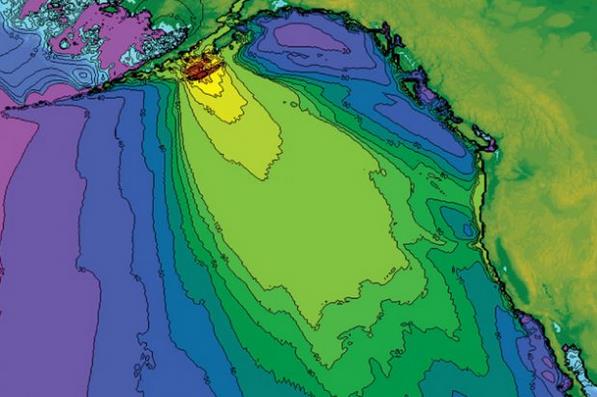
Imagining An Alaska-Generated Tsunami Hitting Los Angeles. Statistically it's only a matter of time before a scenario similar to the one described by Alaska Dispatch becomes reality. Will L.A. and other west coast cities be prepared?
Image credit above: "A
hypothetical magnitude 9.1 earthquake off the Alaska Peninsula could
send a devastating tsunami to Los Angeles in as little as four hours,
according to some researchers predictions." Courtesy Vasily Titov, NOAA Center for Tsunami Research.

Will Philip Seymour Hoffman's Death Be A Wake-Up Call? Opiate addiction in this country has reached epidemic proportions. Here's an excerpt of an Op-Ed at The Los Angeles Times: "...Keep
in mind though: Since the rise of the American automobile, traffic
fatalities have been our leading cause of accidental death — until now.
More people now die of drug overdoses — about 38,000 a year, according
to the latest numbers from the National Center for Health Statistics.
The largest category of drugs represented within that number is
prescription opioids (16,000 roughly), according to the CDC..."
Image above: drugfree.org.

From The Desk Of A Former FCC Commissioner.
Will the pending Comcast - Time Warner merger be a good thing for
consumers? The big get bigger, which seems to be the way of the world.
Here's an excerpt of an interesting take from a former FCC Commissioner
at Columbia Journalism Review: "...So
instead of making good things happen, I would be spending untold hours
listening to big media tell me how their latest merger proposal would
translate into enormous “efficiencies” and “economies of scale” to
produce more and better news. Meanwhile, everywhere I looked, I saw
newsrooms like yours being shuttered or drastically downsized, reporters
getting the axe, and investigative journalism hanging by the most
slender of threads. Instead of expanding news, the conglomerates cut the
muscle out of deep-dive reporting and disinvested in you..."
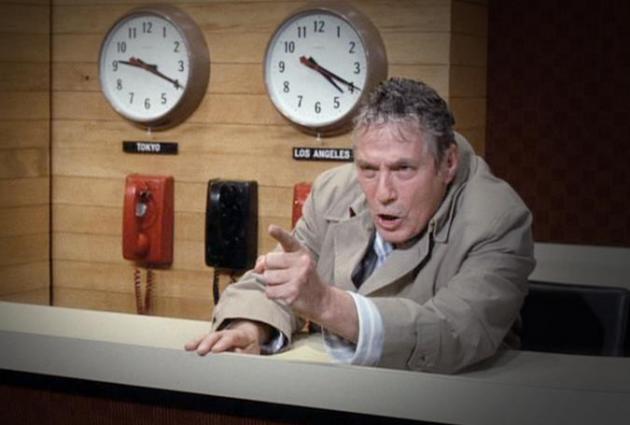
Still Mad As Hell. Remember Howard Beale in the movie "Network"? We're so far beyond that now. An Op-Ed from Maureen Dowd at The New York Times resonated with me; here's an excerpt: "...What
would Paddy rant about the viral, often venomous world of the Internet,
Twitter and cable news, where fake rage is all the rage all the time,
bleeding over into a Congress that chooses antagonism over
accomplishment, no over yes? What would he think of ominous corporate
“synergy” run amok, where “news” seamlessly blends into promotion, where
it’s frighteningly easy for corporate commercial interests to dictate
editorial content?..."
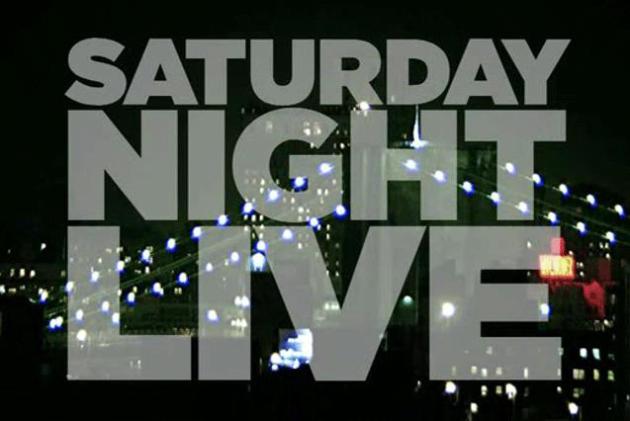
32 Famous People Rejected By Saturday Night Live. I found this nugget interesting, courtesy of Mental Floss. Here's a clip: "The
39-year history of Saturday Night Live is littered with thousands of
sketches, hundreds of guest hosts, and even more Not Ready for Prime
Time Player wannabes—some more memorable than others. In fact, the list
of now-famous folks who auditioned and were denied access to a permanent
spot in 30 Rock’s Studio 8H is long enough to fill multiple casts on
their own..." (Image above: NBC).
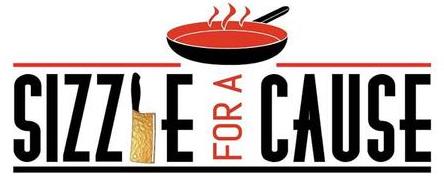
Here's a YouTube clip of the event. I had a blast participating last year - hope you can stop by and make an appearance, supporting a very good cause, the ICA Food Shelf: http://youtu.be/GqwGOB8A14E
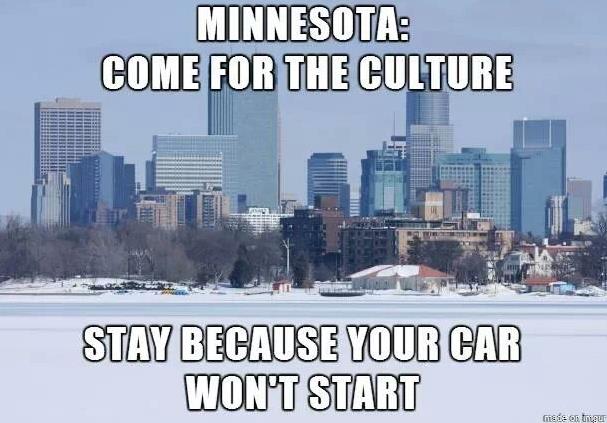
TODAY: Some sun, chilly. Winds: SE 10. High: 22
SUNDAY NIGHT: Winter Storm Watch. Light snow developing, icy roads by morning. Low: 19
MONDAY: Winter Storm Watch early. 2-4" snow expected. Slick roads. High: 28
TUESDAY: Partly sunny, risk of a thaw. Wake-up: 23. High: 35
WEDNESDAY: Mostly cloudy. Dripping icicles. Wake-up: 21. High: 36
THURSDAY: Partial clearing, slightly cooler. Wake-up: 25. High: 32
FRIDAY: Intervals of sun, chilly again. Wake-up: 15. High: 25
SATURDAY: Clouds, snow may track south of MN. Wake-up: 10. High: 22
Climate Stories...
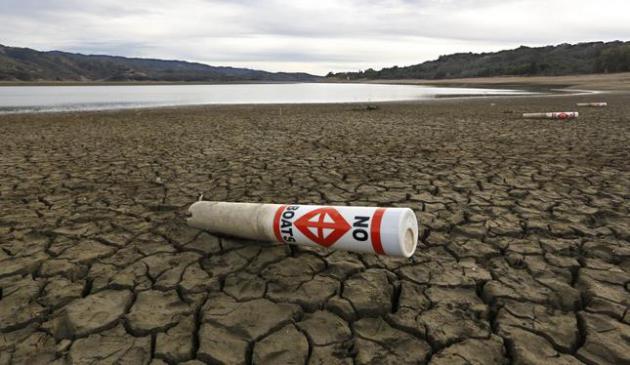
Photo credit: "In this Feb. 4, 2014 file photo a warning buoy sits on the dry, cracked bed of Lake Mendocino near Ukiah, Calif. Gov. Jerry Brown was governor the last time California had a drought of epic proportions, in 1975-76 and now is pushing a controversial $25 billion plan to build twin tunnels to ship water from the Sacramento-San Joaquin River Delta to farmland and cities further south." (AP Photo/Rich Pedroncelli, file)

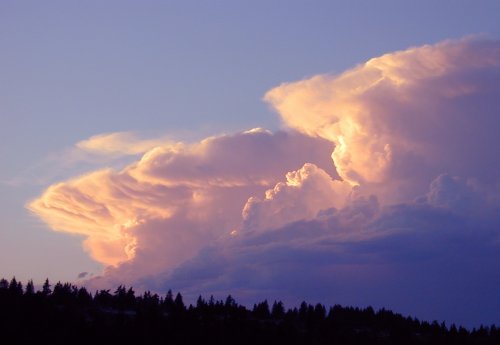
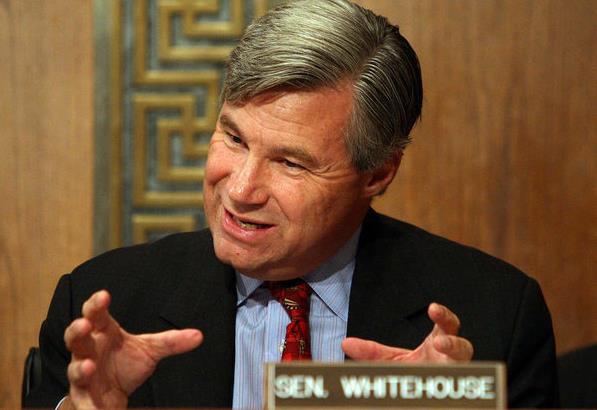
Photo credit above: "Sen. Sheldon Whitehouse (D., R.I.) called "dark funding" "an identity-laundering scheme." (MICHAEL BRYANT / Staff).

- Speak more like Apple, and less like Microsoft.
- Make the impacts of climate change relatable. It may be hard to comprehend the impacts of climate change in general terms, but people are certainly willing to listen when its happening to them.
- Environmentalism isn't anti-growth — it's anti-waste. Emphasize the economic opportunities that come with adaptation to climate change..."
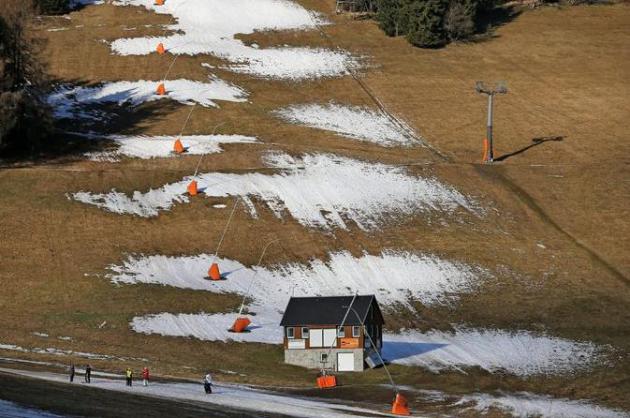
Photo credit above: "Slopes were closed last month at Fichtelberg mountain in Oberwiesenthal, Germany." Jan Woitas/European Pressphoto Agency.
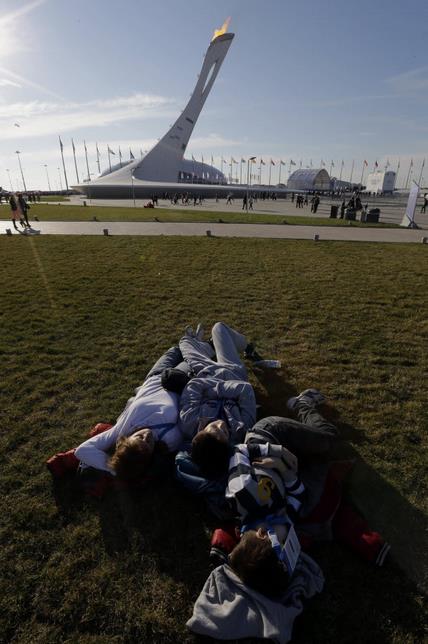
Photo credit above: "Visitors to the Olympic Park enjoy the warm weather at the 2014 Winter Olympics, Friday, Feb. 14, 2014, in Sochi, Russia." (AP Photo/David J. Phillip).
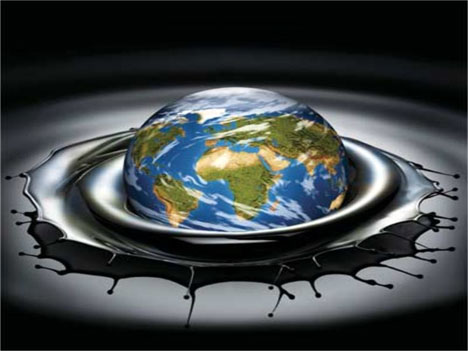
No comments:
Post a Comment